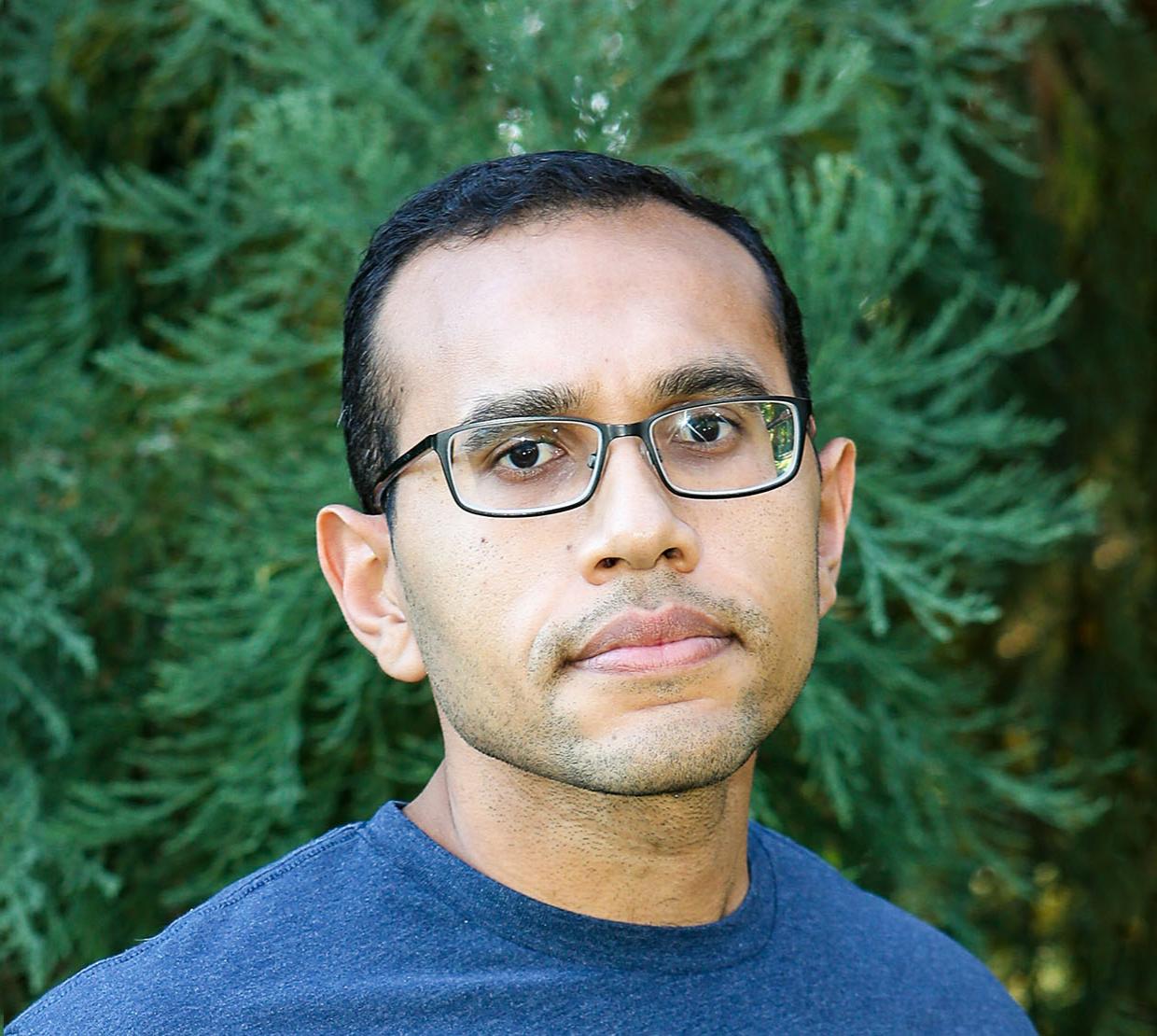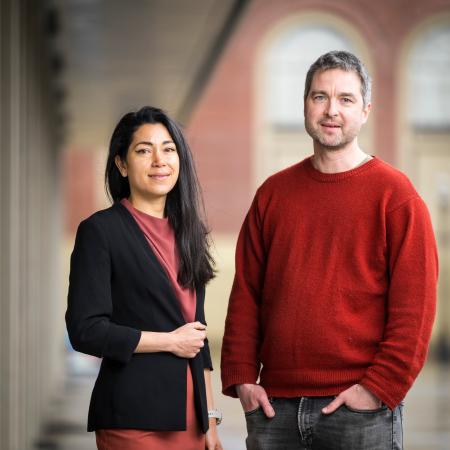"I probably decided I wanted to be a scientist when I was six or seven,” said Mark A. Phillips, grinning at the fond recollection. Decades later, in Fall 2021, he will join the Oregon State’s faculty as Assistant Professor of Integrative Biology, bringing his early goals to fruition.
With a unique background, extensive mentoring experience and research relevant to today’s big questions, Phillips is poised to make an impact at Oregon State.
From the Caribbean to Oregon
Phillips is originally from Guyana, a country on the northern coast of South America, and grew up in Trinidad. There, his father was a scientist who collected data to make fisheries policy in the Caribbean more sustainable. Phillips spent his childhood immersed in nature, catching iguanas, tracking the development of tadpoles and hanging out at his dad’s office and lab: “There are a lot of fish bones,” he laughed.
With his love of science kickstarted, Phillips moved to the U.S. and forged through three successive biology degrees: first at University of Florida, then to University of California Irvine in 2012 for his masters and Ph.D. in the lab of Michael Rose, professor in the Department of Ecology and Evolutionary Biology.
In 2018 he left California for a postdoctoral researcher position at Oregon State, and a year later received a NSF Postdoctoral Research Fellowship in Biology to continue his work in the lab of Molly Burke , who studies the process of evolution using controlled laboratory experiments.
Is evolution predictable?
From those early days watching tadpoles transform into frogs, Phillips became interested in how whole species change and started delving into the mechanisms of evolution. By working with fruit flies and yeast cells that quickly reproduce, Phillips has shown that evolution isn’t always a slow process that takes place over millennia. “In some of these experiments, it’s very, very fast. In ten generations, you can see massive changes,” he said.
Initially, he wanted to know why organisms age. If evolution supposedly makes species more fit, better adapted to their environments, then why do our bodies decline over time? It turns out that the age at which an organism reproduces plays a role: By changing reproductive windows in fruit flies, we can create “flies that live three times as long or half the time,” he said.
From there, he expanded his focus to experimental evolution in general, as a way to discover which genes are shaping complex traits. “One of my big themes is, is evolution predictable? And I think the answer is, that’s going to be very condition-dependent.”
A crucial application of his current research is in determining whether species can adapt to climate change. The hope is that, by analyzing genetic variation in natural populations and determining how their environment is changing, we can predict whether they will evolve to live in higher temperatures. This type of evolutionary biology can also help with new species introductions to create thriving ecological communities in a warming world. While it’s a complicated balancing act, there is hope, he said: “The reality is, there is some room for them to change and adapt.”
Like Oregon State as a whole, Phillips is committed to applying his research to facilitate sustainable global change. Research has “a responsibility to do something useful,” he said, and ultimately his mission is “to serve the community.”
Leading the next generation
Phillips has put that mission into practice, with 10 years of experience mentoring undergraduate students, and another five as a resident scientist at Santa Ana High School.
While experimental evolution can be dense material, Phillips is well-versed in making the subject accessible and engaging for his students. “I think people are interested in people,” he said. Tying his work to the genetics of human evolution, “if you’re lactose intolerant or not, your ancestry is a pretty big predictor of that.”
Phillips looks forward to applying his mentoring wisdom to establishing a lab at Oregon State with a “culture where people feel welcome,” allowing students to both contribute to meaningful work and further their own career goals. “One of the nice things about Oregon State is that there’s a lot of opportunities to get students involved,” he said, with the Louis Stokes Alliance for Minority Participation (LSAMP) and the Summer Undergraduate Research Experience (SURE) program as clear pipelines to student success.
While Phillips found his career path early on, he’s aware that each student’s experience is different. Growing up in Guyana and Trinidad, seeing people of color engaged in the scientific process was always normal to him. As an instructor, one of his goals is to show students that science can be a “career option for anyone who’s interested.”
Phillips is also a member of the College of Science’s recently-launched strategic Diversity Action Plan committee, Embedding Equity, Access and Inclusion, a unified effort taking tangible action to make inclusivity reality. The plan is “a step in the right direction,” said Phillips. “People should have exposure and the freedom to pursue whatever career path they’re interested in. And they should hopefully feel supported while there.”




